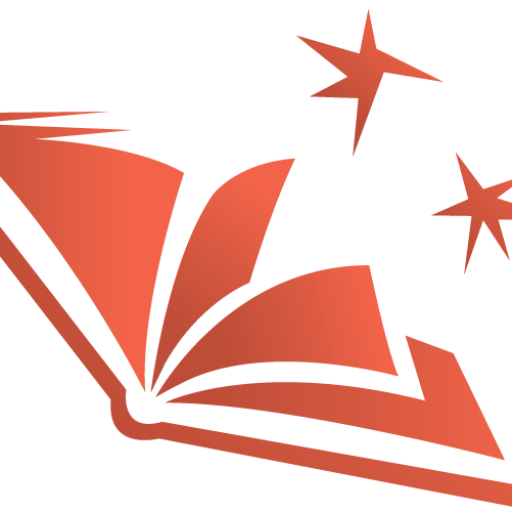The news has been abuzz about learning to read. We hope the answers below give you some idea of where Partners in Literacy stands on issues amidst the complexity of educating our children to become readers.
1. What is reading? Partners in Literacy defines reading as the deep interactions of the whole child with the whole text. What children do when they sound out words, we define as decoding. We invite our volunteers and our buddies to bring their curiosity, their background knowledge, and their experiences in sharing their reading.
2. What is science? Partners in Literacy agrees with this definition of science taken from the website https://spaceplace.nasa.gov/science/en/ “Science consists of observing the world by watching, listening and recording. Science is curiosity in thoughtful action about the world and how it behaves. Science is more like a mystery inviting anyone to become a detective and join in the fun. Science is not just a tidy package of knowledge.”
3. Is Science of Reading limited to a particular curriculum? No. In fact, our reading volunteers do “science of reading” every session when they are thoughtful watchers and listeners and who try out different strategies with their buddies and record what works and what does not work. There is much yet to learn. We are learning from our volunteers as we are learning from reading researchers.
4. If you hear about Science of Reading on the news what should the educated reader check? Who is the author? Is the author employed by a company who is trying to sell something? If the author represents a company that is trying to sell something, disregard what is being said. Is the author a reporter? If the author is a reporter disregard any conclusions that are based on emotion, crisis, miracles or blame. If the author is a politician, ask yourself if he or she is fishing for votes by proposing a quick fix. In teaching kids to read, there are no quick fixes. If the author is an academic, check to see if they have read and incorporated the work of others in their thinking. If you hear something and you have a question about it, just ask us.
5. Is there an acute crisis in reading? The answer is no. Based on the National Assessment of Educational Progress (NAEP), fourth and eighth grade reading scores in the United States have been largely flat since 1992. Is there currently a gap in performance in reading between student populations? Yes. Due to the pandemic, students have lost school and instructional time. Some populations have been harder hit. Teachers and students deserve and need time and support now. There are no miracles in reading, except, maybe love.
6. Does Partners in Literacy emphasize phonics instruction? Partners in Literacy volunteers have at most an hour a week to make a difference in the life of the child. A volunteer’s time is best spent engaging the child’s imagination to interact strongly with the book. Enjoying a book causes a child to ask questions about the letters, words and meaning in the book. If a child has a phonetic hole or confusion, it is our job to recognize that difficulty and guide our volunteers on what his child needs to know and practice. The notes that each volunteer writes after each session are a powerful self-teaching tool, because they allow the volunteer to reflect on each session.
7. Why does Partners in Literacy choose to read with every child in the classroom? Our mission is to create communities of readers in schools which lifts up school culture and makes it possible for every child to become a reader. One child on fire can ignite another, and that child can ignite other students until the kids themselves are carrying the momentum to learn. Harnessing the kids’ own agency can be lost by leaving just one child out. We would love to see much more in the research and news about how classroom cultures effects acquiring skills in reading.
8. Why does Partners in Literacy spend so much of their time and effort to become experts in children’s literature and to find just the right book for our volunteers and their students? Do you remember any books from your childhood that either someone read to you or you read on your own? At the end of second grade, I read Charlie and the Chocolate Factory to myself. After “Charlie“, I knew I was a reader. Every week our site coordinators read the notes of our volunteers and choose books just right for each student’s interests and reading level. We want each child to find a “Charlie” of their own.
Visit our Instagram to see some of our favorite books and stories about kids reading.
